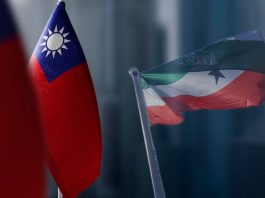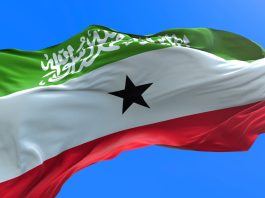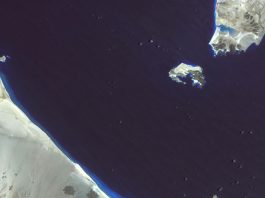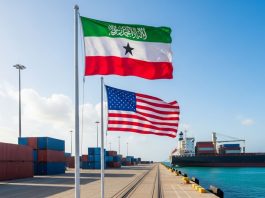An in-depth study written by Hibak Jama explores the obstacles behind the non-recognition of Somaliland. This study that was originally titled – Self-determination in Africa: A Case Study of Somaliland – investigates the obstacles that prevent the international community to grant Somaliland official recognition. The study assumes that most of these obstacles are political more than legal.
Self-Determination In Africa: A Case Study Of Somaliland
By Hibak Jama Institute Of Diplomacy and International Studies University Of Nairobi
TABLE OF CONTENTS
LIST OF ABBREVIATIONS
Abstract
Chapter One
Background of the Study
1.1 Introduction
1.2 The Statement of the Research Problem
1.3 Research Questions
1.4 Theoretical Framework
1.5 Literature Review
1.6 Justification of the Study
1.7 Scope of the Study
1.8 Hypothesis
1.9 Methodology
1.10 Chapter Outline
Chapter Two
A Conceptual Analysis of Self Determination
2.1 Introduction
2.2 The Context of the Right to Self-Determination
2.3 Socio-Economic and Political Right to Self Determination
2.4 Self-determination in Africa
2.5 Self Determination in Eastern Europe
Chapter Three
Territorial Integrity and the Management of Self Determination
3.1 Introduction
3.3 The Practice of the OAU
3.3.1 Western Sahara
3.3.2 Eritrea
3.3.3 South Sudan
3.4 Territorial Integrity in Failed States
3.5 The State Failure of Somalia
3.6 Conclusion
Chapter Four
An Analysis of the Principle of Recognition of Somaliland
4.1 Introduction
4.2 Justification for the Recognition of Somaliland
4.3 Historical Difference of Somaliland from Somalia
4.4 Somaliland and the Right to Self-determination
4.5 Self-determination from Colonialism
4.6 Self-determination Based on Gross Violation of Human Rights
4.7 Dissolution of the Act of Union
4.8 Justifications for the Non-recognition of Somaliland
4.9 The Legal Question on Non-recognition of Somaliland
4.10 Fulfilling the Statehood Criteria
4.11 Dissolution of the Act of the Union as opposed to Secession
4.12 The Geo-Political Position of Somaliland
4.13 The AU Position on the Recognition of Somaliland
4.14 The League of Arab States Position on the Recognition of Somaliland
4.15 Major Players and their Role in Somaliland Recognition
Chapter Five
Conclusion and Recommendations
5.1 Conclusion
5.2 Recommendations
|
LIST OF ABBREVIATIONS |
|
| AMISOM | African Mission to Somalia |
| AU | African Union |
| EC | European Community |
| EPLF | Eritrean People’s Liberation Forces |
| EU | European Union |
| ICCPR | International Covenant on Civil and Political Rights |
| 1CESCR | International Covenant on Economic, Social and Cultural Rights |
| 1CJ | International Court of Justice |
| NFD | Northern Frontier District |
| OAU | Organization of the African Unity |
| SNM | Somali National Movement |
| SPLA | Sudanese People Liberation Army |
| TFO | Transitional National Government |
| UN | United Nations |
| UNESCO | United Nations’ Education, Scientific and Cultural Organization |
| UNGA | United Nations General Assembly |
| WWI | World War I |
| WWII | World War II |
A B S T R A C T
This study explores the reasons behind the non-recognition of Somaliland. It investigates the obstacles that prevent the international community to grant Somaliland an official recognition. The study assumes that most of these obstacles are political more than legal. However, political factors are mixed with legal arguments. The study will be conducted with a specific reference to the principles of self-determination and territorial integrity within the African continent. The study investigates the rationale for the non-recognition/recognition of Somaliland. It also questions whether territorial integrity is relevant in the context of failed states.
It also analyses the critical question of whether territorial integrity can be relevant in the case of failed states such as Somalia. It also critically analyses the policy of the African Union and the international community in the management of self-determination in specific countries. This is contrasted with their policy in Somaliland.
[su_button url=”https://saxafimedia.com/in-depth-study-obstacles-non-recognition-somaliland-political-legal/2/” style=”soft” size=”12″ wide=”yes” center=”yes” text_shadow=”0px 0px 0px #FFFFFF” rel=”lightbox”]CONTINUE READING ON CHAPTER ONE >[/su_button]










